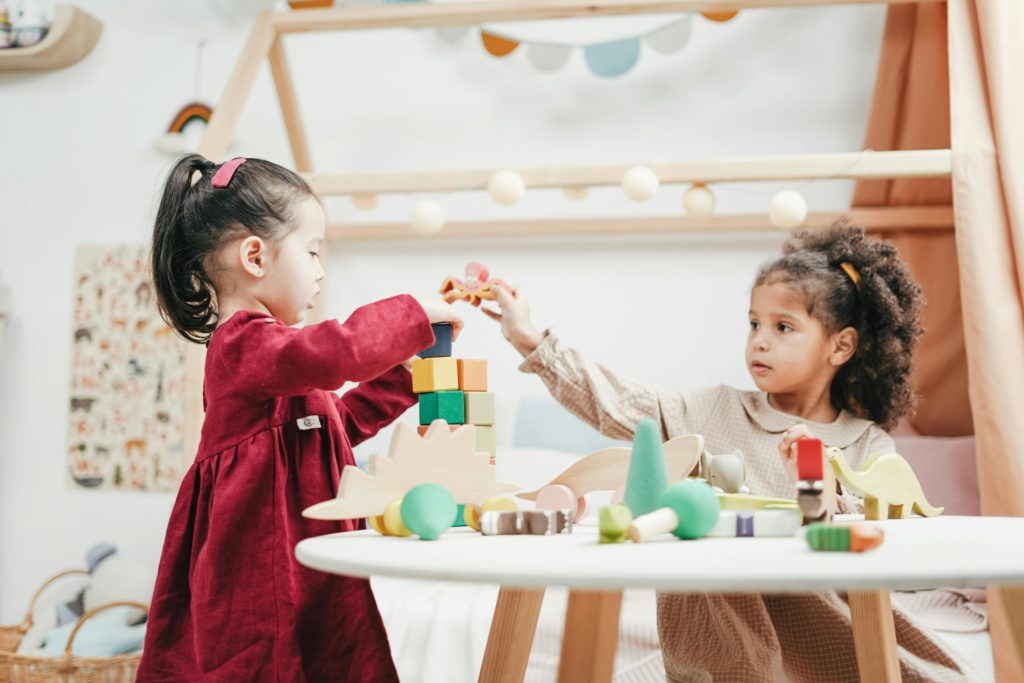In the hustle and bustle of modern life, amidst the towering expectations and rigorous academic schedules, the significance of play in a child’s life often gets overlooked. However, play is not just a frivolous activity; it is a fundamental need that contributes significantly to the holistic development of our children. This article delves into the importance of play in fostering cognitive, emotional, and social growth, highlighting why it should be considered an indispensable aspect of a child’s upbringing.
The Cognitive Benefits of Play:
- Enhanced Brain Development: Engaging in play helps stimulate various areas of the brain, promoting neural connections crucial for learning and problem-solving. It lays the foundation for improved cognitive skills and academic success later in life.
- Creativity and Imagination: Play allows children to explore their imaginations, fostering creativity and innovation. Whether it’s building imaginary worlds or engaging in pretend play, these activities contribute to the development of lateral thinking and resourcefulness.
- Critical Thinking and Decision-Making: Games and playful activities often involve decision-making, strategic planning, and problem-solving. Through these experiences, children learn to make choices, weigh consequences, and develop critical thinking skills that are vital in navigating life’s challenges.
The Emotional and Social Benefits of Play:
- Emotional Regulation: Play provides a safe space for children to express and regulate their emotions. It allows them to work through feelings of joy, frustration, and fear, promoting emotional intelligence and resilience.
- Building Social Skills: Interacting with peers during playtime helps children develop essential social skills such as cooperation, communication, and conflict resolution. These skills are crucial for building meaningful relationships and navigating social situations.
- Empathy and Understanding: Engaging in group play fosters empathy as children learn to understand the perspectives and feelings of others. It lays the groundwork for compassionate and considerate individuals who value the diversity of human experience.
The Physical Benefits of Play:
- Motor Skills Development: Active play, whether it’s climbing, running, or playing sports, contributes to the development of gross and fine motor skills. These physical activities are essential for a child’s overall health and well-being.
- Healthy Lifestyle Habits: Encouraging a love for physical play sets the stage for a lifelong commitment to a healthy and active lifestyle. It helps combat sedentary behaviors, reducing the risk of obesity and related health issues.
Play is not merely a recreational activity; it is a crucial aspect of a child’s development that should be nurtured and celebrated. From cognitive growth to emotional well-being and physical health, the benefits of play are vast and profound. As parents, educators, and caregivers, it is our responsibility to create environments that prioritize and encourage play, recognizing its indispensable role in shaping well-rounded, resilient, and creative individuals. Let us strive to rekindle the joy of play in the lives of our children, ensuring they have the foundation they need to thrive in the complex world that awaits them.



